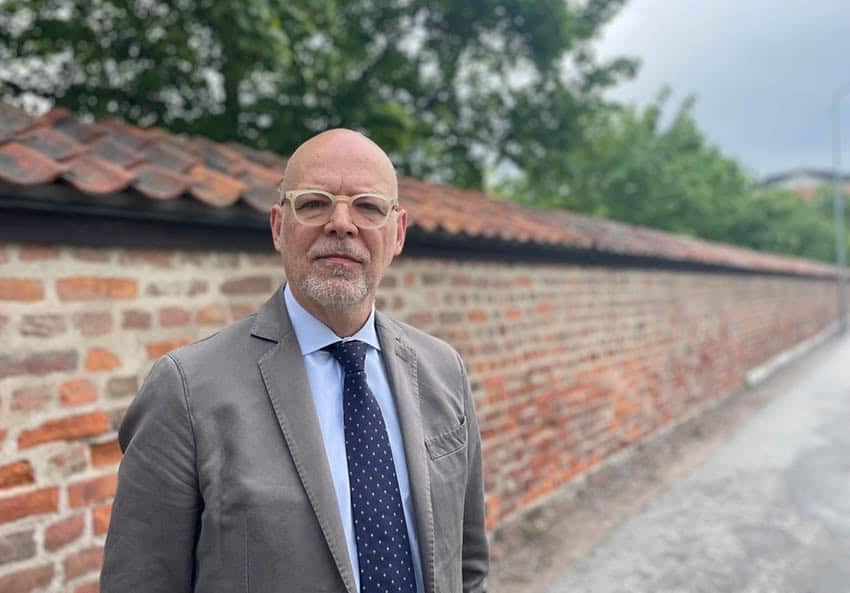Three years ago, SULF wrote to the government to highlight the legally insecure position of doctoral candidates when their employment is not extended due to unsatisfactory study results, even though the vice-chancellor has not made a decision to withdraw supervision resources. The Swedish Higher Education Authority, UKÄ, commissioned by the government, has now presented its analysis of the issue.
Considerable consequences
Its conclusion is that there are few cases, considering the number of doctoral candidates in Sweden, but that the consequences are considerable for the individuals concerned. In practice, it means that a doctoral candidate can be compelled financially to leave their doctoral programme without having their case assessed by the vice-chancellor and without any opportunity to appeal.
If the doctoral candidate is still enrolled on the doctoral programme, they cannot receive unemployment insurance, and without the university’s certificate of study progress, a Swedish residence permit may be jeopardised.
Unrecorded cases
SULF highlighted the problem after dealing with several such cases and perceiving abuse of the gap that exists between the rules regarding doctoral candidate employment and other resources. UKÄ’s analysis identifies 17 cases at seven higher education institutions in the past five years, but both UKÄ and SULF believe that the real figure is higher.
Institutions deal with unsatisfactory study results differently. At Malmö University there are guidelines, while the approach at Lund University is that a doctoral candidate is not to be denied an extension of employment unless the vice-chancellor has also made a decision to withdraw other resources.
Local solutions takes time
SULF wants a provision introduced into the Higher Education Ordinance stipulating that employment is to continue until the doctoral candidate has had the opportunity to appeal against the vice-chancellor’s decision and the Higher Education Appeals Board has issued a decision.
“This is necessary, because it’s so serious when it happens,” says SULF’s chief negotiator Robert Andersson. “Voluntary, local solutions will take time, may look different and may be changed at any time. And if the higher education institutions ignore their own guidelines, it’s more difficult to do anything about it.”
UKÄ’s assignment was not to provide recommendations to the government, but it points out in its report that both UKÄ and the government have previously emphasised the importance of robust legal processes regarding doctoral candidates’ resources.

















